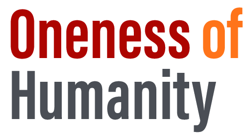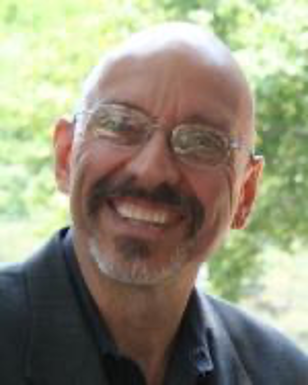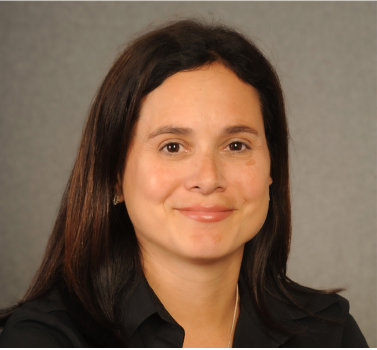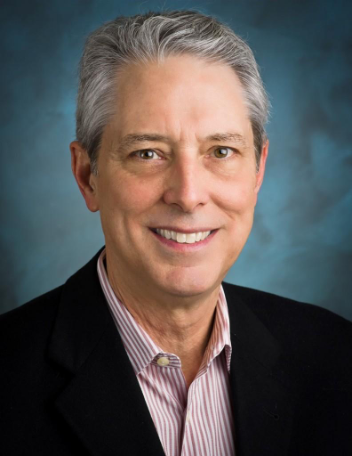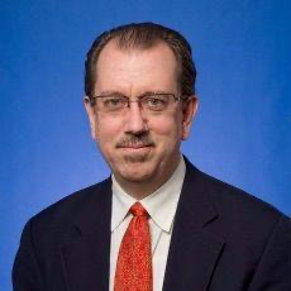
Our Oneness series continues 4:00 on Sunday, December 5, 2021 with a presentation by our guest speakers (see detailed biographies below):
Mary Akrami, Executive Director
Afghan Women’s Skills Development Center
Palwasha Hassan, Director
Afghan Women’s Educational Center
Naheed Sarabi, Former Deputy Minister of Finance for Policy
United Nations Development Programme Afghanistan
Learn about the experiences of our speakers who have made the journey to the United States
You will have an opportunity to get your questions answered
More about our speakers:
Mary Akrami is the Executive Director of the Afghan Women Skills Development Center (AWSDC), the organization that established the first shelter for women at risk in 2003.
Ms.Akrami envisioned an equitable and peaceful society through AWSDC and initiated the community based peace shuras (councils) in different provinces of Afghanistan. These peace councils became the only platform where women were able to find an opportunity to engage in conflict resolution mechanisms at the local levels and that was the start of women’s inclusion in community based peace building.
Ms.Akrami’s organization has been working with other civil society organizations engaged in peace building and conflict resolution programs and provided them with trainings and mentoring on mechanisms on women’s engagement in political and community based peace building.
In additions to promoting women’s contribution in the community based peace building and conflict resolution, Ms.Akrami has been engaged in advocacy and campaigning for women’s inclusion within the political and peace processes that included the 2010 Peace Consultative Jirga & the 2011 Grand Assembly for Peace Process.
For her struggles for women’s rights, Ms.Akrami received the International Women of Courage Award from the United States, Department of State in 2007. Ms.Akrami has participated in numerous international conferences and regional platforms for women in peace in Af-Pak region.
Ms. Akrami is an alumni of New York University’s Human Rights Advocacy Fellowship in Newyork, United States.
Under her leadership for reintegration of women survivors of violence (reside in AWSDC run shelter) through economic empowerment, a number of shelter residents are trained in hotel management and a restaurant is opened for them. This is the first restaurant in the history of Afghanistan which is owned and run by women.
Palwasha Hassan is the director of Afghan Women’s Educational Center. She holds a master’s degree in Post-war Recovery Studies from York University, UK and has been former fellow in United States Institute of Peace. She is a dedicated Women’s Rights activist pioneering many critical work for promotion of Women’s rights and civil society in Afghanistan that includes first women legal support organization Roazana, Women and street Children Center, Madadgar Women and Children Safe Home Network, Irfan Cultural Center among others. She is a strong advocate on women peace building and political participation. Palwasha Hassan started her career as volunteer with AWEC while pursuing her school as refugee in Pakistan. As a young women activist she laid the foundation of Afghan Women Network (AWN), a visionary movement of women which up today is playing pivotal role in Women’s right lobby in the country from last twenty years.
Naheed Sarabi is the former assistant resident representative UNDP Afghanistan and Former Deputy Minister of Finance for Policy from 2017 to May 2020. With more than seven years of development-related experience, Ms. Sarabi worked with a team of experts to help develop the Afghanistan National Peace and Development Framework (ANPDF). During her position as Director of Afghanistan National Development Strategy (ANDS), she helped with overseeing the preparation of implementation plans for the ANDS and its 22 National Priority Programs (NPPs) and assisted in establishing the monitoring framework for these national development programs. Ms. Sarabi earned a bachelor in Political Science from Indraprastha College for Women, Delhi University, an M.A. in Development Management from Ruhr University – Bochum, Germany and an M.A. in Applied Economics from Western Michigan University, USA
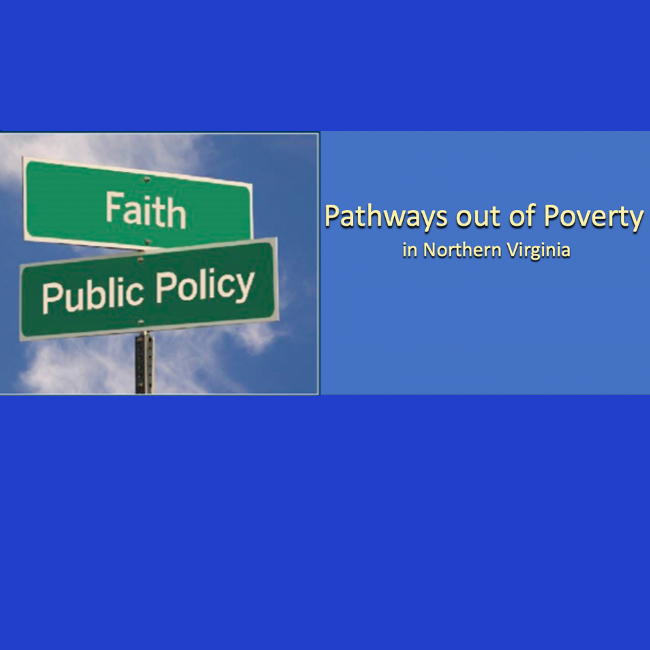
Sunday, October 31, 2021
|
|
Registration Closed
|
|
|
About the Series. Pathways out of Poverty in Northern Virginia begins with the knowledge that affluent Northern Virginia is home to many poor families and individuals who are confronted daily with a multitude of simultaneous challenges. The goal of the series is to understand these barriers, and to explore policies, programs, and individual actions that can help remove the barriers facing our neighbors.
|
About the Panelists |
|
|
Christopher Fay is executive director of Homestretch, a program for homeless families in Northern Virginia. Homestretch has earned numerous awards and media attention for its outstanding outcomes in helping homeless families transform their lives. Before Homestretch, he served as director for Delancey Street Replication of the Milton Eisenhower Foundation. Delancey Street is widely recognized as the most innovative and successful program for ex-offenders in the world. Mr. Fay is also an illustrator of over a dozen children’s books including the award-winning “Inigo.” His original screenplay for the 2004 Showtime movie “Carry Me Home” also earned him a Humanitas Prize nomination and an Emmy Award nomination. He has served on many boards including for the Children of Uganda and on the board of trustees for the Public Defender Service of the District of Columbia. He has a bachelor’s degree from Carnegie-Mellon University and a master’s degree from Columbia University.
|
|
|
Carmen Romero is the President and CEO of Arlington Partnership for Affordable Housing (APAH). Ms. Romero joined APAH in 2011 and has spent
the last decade overseeing the real estate team contributing to the creation or preservation of over 1,000 new affordable housing units in the DC region with additional developments underway today in Arlington, Fairfax, Loudoun, and Montgomery counties. Under Ms. Romero’s leadership, APAH’s Real Estate Development team has delivered several innovative, award-winning affordable housing properties, including Queens Court, Gilliam Place (a partnership with Arlington Presbyterian Church), Columbia Hills, and The Springs. In addition, she oversaw APAH’s projects under active construction in Arlington. This includes Lucille & Bruce Terwilliger Place, a 160-unit affordable property born out of an innovative partnership with the American Legion Post 139, and a joint venture with E&G Group to develop 98 units of affordable senior housing in Loudoun County (Loudoun View Senior Residences). Prior to joining APAH in 2011, Ms. Romero was a Director of Real Estate Development and public- private partnerships at Clark Construction. She began her career at Marriott International. She has a bachelor’s degree from Georgetown University and an MBA from the Wharton School. |
About the Moderator |
|
|
James H. Edmondson, Principal of E&G Group, has over thirty years of experience in real estate development and finance. In 1981 he persuaded a former colleague and then Touche Ross principal, Tom Gallagher, to join him in forming Edmondson & Gallagher with the purpose of acquiring and redeveloping post-war apartments in the D. C. area using the new financing tools and tax laws. The firm grew a portfolio of approximately 3,000 deed-restricted units and created a property management company that continues. E&G became expert in compliance issues and the rehabilitation of apartment buildings. The firm and its principals continue to develop, own and manage affordable apartments. Edmondson is active in local affairs in Northern Virginia. He was a founding member of AHOME, an affordable housing advocacy group; he was vice chair of the Health Systems Agency of Northern Virginia for many years; he has served as an elder of Lewinsville Presbyterian Church; and in 2009 Governor Kaine re-appointed him as a consumer representative to the Virginia Board of Health. Edmondson has an A.B. in Economics from Princeton, where he is active in alumni affairs, and an M.B.A. from the University of Virginia’s Darden School.
|
About the Convener |
|
|
James E. Foster is the Oliver T. Carr Professor of International Affairs and Professor of Economics at the George Washington University. Professor Foster’s research focuses on welfare economics — using economic tools to evaluate and enhance the wellbeing of people. His work underlies many well-known social indices directing public action including the global Multidimensional Poverty Index (MPI) published annually by the UNDP in the Human Development Report and dozens of national MPIs from Paraguay to Pakistan. Prof. Foster has a bachelor’s degree from New College of Florida and a doctorate from Cornell. He has served as an Elder at Lewinsville Presbyterian Church.
|
|
|
|
Events in this Series
Accessing Affordable Housing (Oct. 31)
Improving Financial Literacy
Reducing Barriers to Education and Training
Expunging Misdemeanors
Expanding Community Engagement
|
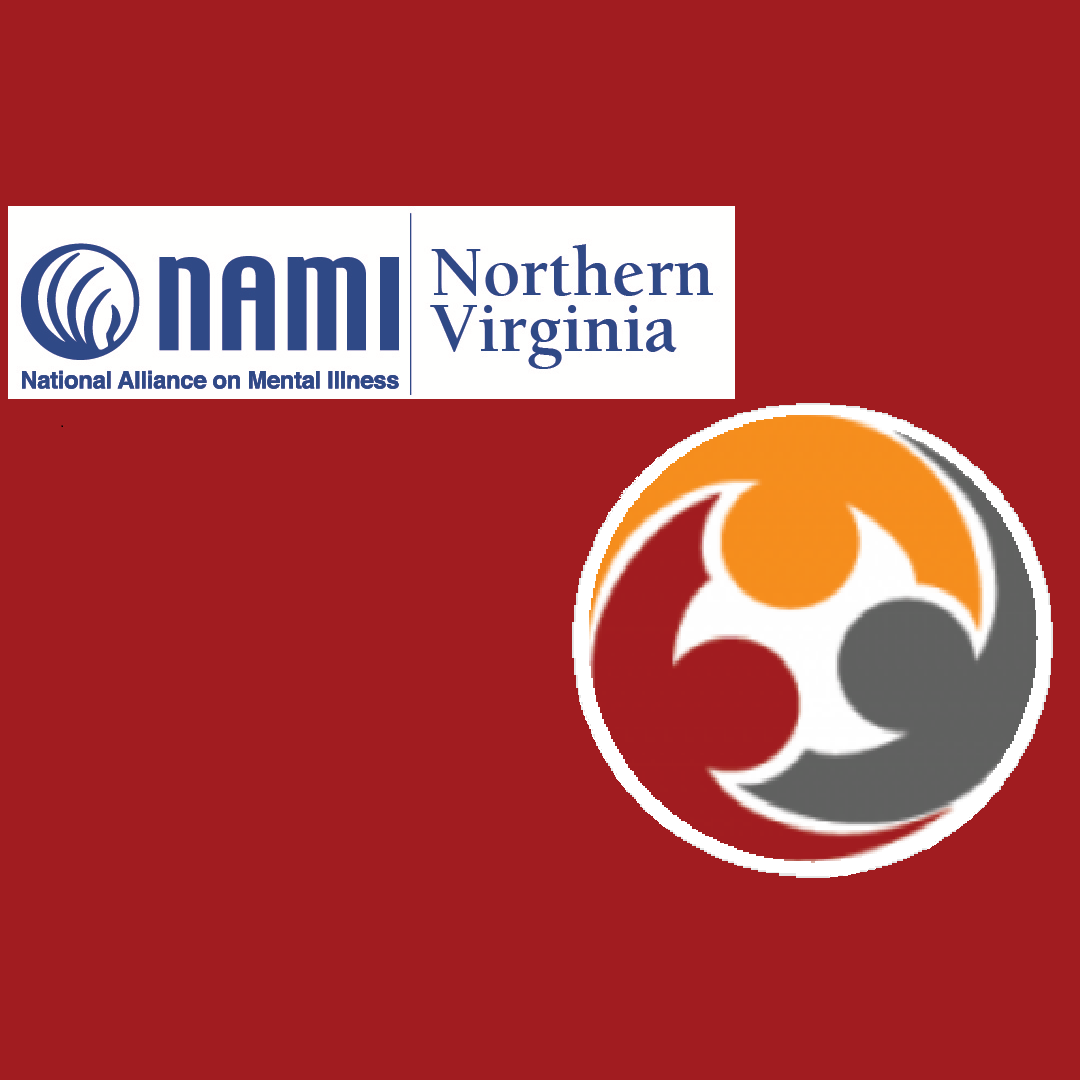
Our Oneness series continues with an educational presentation by the National Alliance on Mental Illness followed by an opportunity to get your questions answered.
Learn…..
Warning signs of mental illness
How to help a family member or friend
Parenting tips
For more information and to register EventBrite Event Page
NAMI Ending the Silence: 1 hour presentation for adults and youth that includes warning signs, facts & statistics, how to talk with children and how to work with school staff.

SUNDAY, APRIL 25 4-6pm
The series of discussions continued by exploring what it means to create community. The planners and developers of Tysons realize that building community in Tysons implies far more than constructing physical spaces and this has long been key to the vision.
We heard from you on questions like:
- What makes a community?
- What is the role of people of faith in a community?
- Is “spiritual space” part of a “community?”

A Conversation with Fairfax County District Supervisors Palchik and Alcorn
Moderator: Rev Lydia Posselt, Associate Pastor, Emmanuel Lutheran Church, Vienna
Guests: Providence District Supervisor Dalia Palchik (referred to as DP, below)
Hunter Mill District Supervisor Walter Alcorn (WA)
Approximately 90% of Tysons area falls within Providence District and 10% in Hunter Mill.
Question: What are your top 3 priorities in the portion of your district that includes Tysons and the area immediately around Tysons?
DP:
- Fair, affordable housing
- Public transportation
- Defining and building “healthy” community. What are the components of a healthy city? Commercial space? Recreation space? Spiritual space? Space for physical and mental health? Art? Schools, community services? How do we view and incorporate those elements?
WA
- Agree with all Supervisor DP said
- Affordable housing.
- County government can make comprehensive plans and zoning plans, but those alone do not build a sense of community. Many folks have not been here long. Many people go to Tysons to work, shop, go to restaurants, and then go home; and do not really interact. Hard to overstate how important the sense of community really is.
Question: How can faith communities – either as individual congregations or as a unified group – help you address these priorities?
DP
- Better communication; engage broader section of community. Trusted faith community leaders can help engage members of local communities who are often under-represented.
- If only those who are tech savvy can engage in dialogue and shape the community, officials hear from only a portion of the entire community. DP wants to hear all voices. Faith communities can help with that.
- Advocate for affordable Housing. Current Zoning policy – a policy in place essentially since the 1940s – is under review. Please weigh in. Shall we have accessory buildings? Grannie flats? Home businesses? What makes sense? What do we agree with, disagree with? Strategies on what constitutes workforce housing. Who is the workforce?
WA
- Advocate on behalf of the homeless community. They need someone to speak for them.
- Keep abreast of proposed policy changes and development issues; weigh in as appropriate.
- Faith communities can play an important role in building bonds across different sectors of the wider community, surfacing issues that others, including those in County Government, do not see.
Question: Over past fall Tysons Interfaith Oneness of Humanity discussions have explored social justice and racial equity issues. How do you see faith communities engaging in these issues?
DP
- Racial inequalities exist across many aspects of the County – from the economy to education and opportunity. Zip code says much about expected life outcomes. We must address some history here. In the 1950s Fairfax County resisted integrating schools. Empowering, teaching, helping our students learn accurate information concerning integration and what it means today.
- We must understand that some people might not want to change. What makes life better for those people? By considering their perspective, we can find ways to reach them.
- We don’t know the full effects of the pandemic, but we do know that Fairfax County is a wealthy county, yet ⅓ of families live in poverty. We are a tale of two counties. With more visibility of this fact during the pandemic, we hopefully will see a change in political will.
The following comments were made by Supervisors regarding specific topics raised in discussion or via the “Chat Room.”
AFFORDABLE HOUSING
WA
- Prior to pandemic, Fairfax County had set aside ½ of 1 per cent of taxes to apply toward affordable housing. WA was hoping to increase that to 2 per cent. Not now. Real Estate tax is a serious burden on some minority homeowners. WA is advocating for long term changes that would reduce County reliance on Residential Property Taxes.
- Have made some progress for people whose incomes are near the area median income of $102,000, but there is critical need for those making 50% or 30% of area median income, or even less.
- Follow-on question: What do you consider the lowest income that people who are seeking affordable housing must have?
- A: People with no income still need housing. There is a homeless population in a strip of woods in my district adjacent to Tysons. We have been using CARES act funding to offer hotel accommodations for them, as there is there is a risk of Covid transmission in communal living situations.
- Approximately 450 people are homeless in Fairfax County. In 2020, we moved more than 100 of them into permanent supportive housing. There is a severe lack of this kind of housing.
- Existing buildings are sometimes opportunities for affordable housing. Many parking lots also have vacant, available space. Churches and others often have unused space on their grounds. Current Board of Supervisors is open to use of excess parking lot space for affordable housing. There is definite interest in developing partnerships with entities that have unused space on their property.
- Follow-on question: Would the former Sheraton Hotel be a possibility?
- A: WA spoke with the owner of the Sheraton to see if the County could acquire it. Two big problems with the building: 1) infrastructure problems make it difficult to fix; no longer viable as a hotel. 2) For permanent supportive housing, need places with bathrooms at the back of the units; it is much easier to rearrange internal space into dwelling units with this configuration. Most hotels, like the former Sheraton have bathrooms at front.
- Other candidate locations are being considered, but most are privately owned, forcing the County and developers to be creative in finding solutions in the Greater Tysons area.
- The State has not authorized Fairfax County to grant tax benefits to commercial entities for allowing community use of their property.
DP
- All are encouraged to advocate for affordable housing. Best ways to make affordable housing available is through purchase or through churches building on land that they own.
- Ramona Carroll’s office can help churches identify ways to use their land/building to help with affordable housing.
- Too hard to retrofit buildings Fairfax County doesn’t own.
- Tysons Partnership was created 10 years ago to bring together private landowners and developers. As we plan for the future of Tysons, we must hear from the people who are working in and settling in Tysons. Need to create an organization that is not fully public, yet not fully private. Re-visiting how that might work. We need to hear from a broad range of residents and workers.
WA
- Zoning updates and Workforce Dwelling Unit policy will come to the Board soon. An inclusionary zoning strategy is evolving. When private developers build mostly high rise, the developer is required to build units for those who are making 80% to 60% of the area median income amount. Would be helpful if Tysons Interfaith members were to support this change.
TRANSPORTATION
WA
- Chairs the Board of Supervisors Transportation Committee. Looking at data that addresses the future of workspace. We have a challenge to our mass transit system over next few years. We’ve learned that the fares from rail commuters are 50% of revenue; bus fare is only 20%. Pandemic has put a huge hole in the budget as rail ridership has decreased drastically. Not such serious decline in bus ridership. Essential workers continue to use busses as their primary means of transportation.
- Thankfully, the federal government has helped sustain our public transportation system.
- Future is unknown. Early analysis indicates many employers may permit more telecommuting, with perhaps only two or three days in the office.
DP
- Some major cities have created a one pass system that covers all forms of public transportation.
- Hard to get from one part of the County to another via public transportation. Where are the gaps? County agencies are working to bring together human services and economic development
POLICING
WA
- Police reform. Fairfax County (FFC) hasn’t had the horrible incidents and murders as in other parts of the country, but we do have inherent bias across many institutions that has grown out of institutional racism. As regards policing in particular, some new strategies are in place, such as the Civilian Review Board.
- 911 response. Right now, responders are either Police or Fire and Rescue. County is exploring whether there should be other types of first responder, such as mental health professionals. (We have seen the number of mental health calls have go up during the pandemic.)
- County is looking at ways to keep people with mental health issues from getting into the criminal justice system.
- Alternative types of responder would also benefit police officers. Need to move away from a response model that was built on a threat of force and violence. Want to make sure that County response is appropriate to the situation.
DP
- Current Fairfax County jail population is relatively small. A lot of good things have been done. The team is looking at other models across the country. Starting with training; cross training; joint training; the presence of social workers.
- What other changes are appropriate? Need to have better understanding of both the “perpetrator” and the “victim.”
CHILDCARE
WA
-Never seen the need for childcare so high. Definitely encourage any and all viable options. If there are issues on the regulatory side, will look at those things.
Question: Are we addressing the issue with high school students who may not be college bound and need skills for employment? There may be a high percentage of minorities in this group.
WA
- Though not in Tysons area, Supervisor Lusk is creating a training center on Richmond Highway for jobs in the trades and the tech Industry. Fairfax County includes many economic and population centers which are developing at different paces. Along Route 1 corridor, for example, no new office building has been built in last 30 years. There is great demand for vocational skills; Supervisor Lusk is trying to develop some of that talent within the County.
Question: The County’s draft Strategic Plan addresses cultural diversity and the need for residents to be aware of that diversity. Would you support a Cultural Festival showcasing and celebrating the variety of cultures and ethnicities present in Tysons? (Tysons Interfaith is willing to partner with your offices in creating and conducting such an event.)
DP
- Super excited about this idea. Last time visited “Celebrating Fairfax” asked why this isn’t a cultural festival. Maybe we can bring some of what does not work for the Smithsonian festival now. Would be so interested in doing this. One of the County’s assets is our diversity; we should celebrate that.
WA
- Reston has a Cultural Diversity Festival. They might be willing to help in Tysons.
Shared References for Follow-up Communication and Research:
Providence District Supervisor Dalia Palchik email link
Sign up for the Providence District newsletter
Hunter Mill District Supervisor Walter Alcorn: email link
Sign up for the Hunter Mill District newsletter
For the Workforce Dwelling Unit proposal
Volunteer opportunities available in Fairfax County
Other organizations seeking volunteer help in the Greater Tysons Area
For questions about the Washington Metropolitan Area Transit Authority (WMATA) contact Supervisor Alcorn at: huntermill@fairfaxcounty.gov.
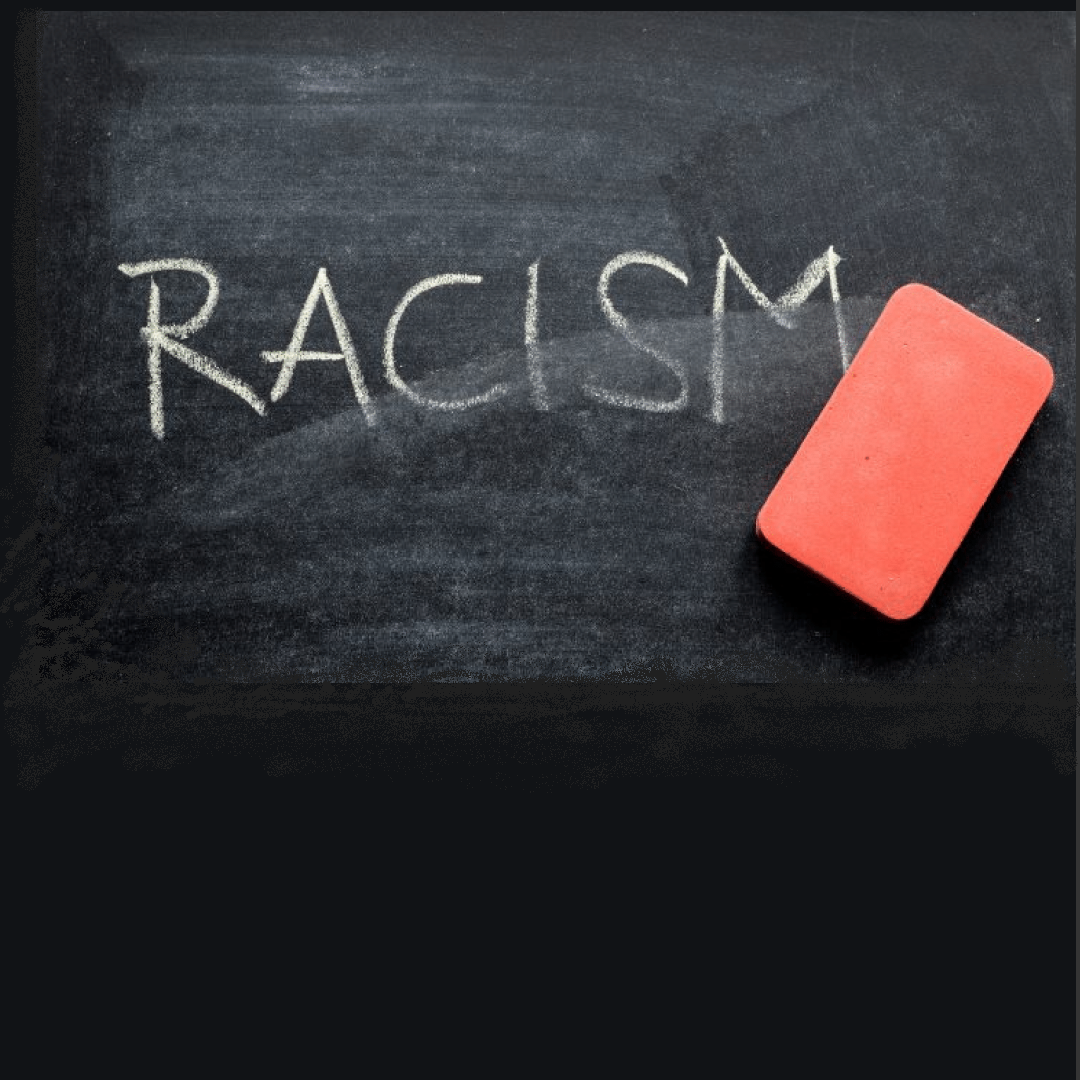
Systemic Racism in Health & Housing
Interfaith Communities for Dialogue (ICD) is presenting a series of 4 virtual workshops on Racism and Systemic Bias, two of which were held in recent months.
On Sunday, January 31, from 4-6 PM, ICD held the third workshop in the series: Systemic Racism in Health and Housing.

A Series of Zoom Discussions – The fifth in the series
We learned in previous interfaith discussions that all faith traditions share the belief that all persons are equal in the sight of our Creator. Many of us now feel a powerful call in our hearts to start taking action toward ensuring equity for all – in all areas of life. The objective is active discussion by participants, to share feelings and practical suggestions of concrete actions people of faith (or no faith) can undertake. Early in the session we will enter breakout rooms to discuss such questions as: What has been learned about racism in our country during the pandemic? How do we shift human consciousness to change policies that sustain racial inequity? What is positive in all the chaos we are experiencing that can enable us to build to a better future?

A Series of Zoom Discussions – The fourth in the series – We learned in previous interfaith discussions that all faith traditions share the belief that all persons are equal in the sight of our Creator. Many of us now feel a powerful call in our hearts to start taking action toward ensuring equity for all – in all areas of life. The objective is active discussion by participants, to share feelings and practical suggestions of concrete actions people of faith (or no faith) can undertake.

